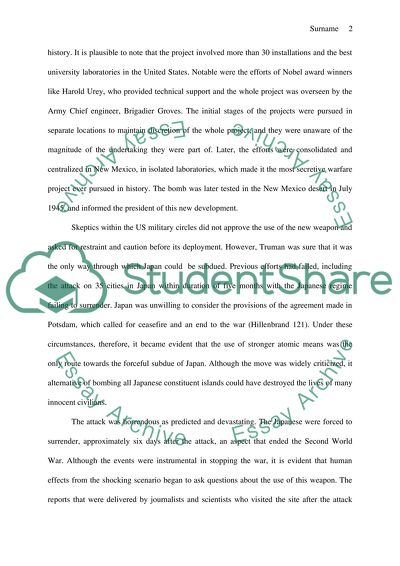Cite this document
(“Why did World War II END the way it did Research Paper”, n.d.)
Why did World War II END the way it did Research Paper. Retrieved from https://studentshare.org/history/1639369-why-did-world-war-ii-end-the-way-it-did
Why did World War II END the way it did Research Paper. Retrieved from https://studentshare.org/history/1639369-why-did-world-war-ii-end-the-way-it-did
(Why Did World War II END the Way It Did Research Paper)
Why Did World War II END the Way It Did Research Paper. https://studentshare.org/history/1639369-why-did-world-war-ii-end-the-way-it-did.
Why Did World War II END the Way It Did Research Paper. https://studentshare.org/history/1639369-why-did-world-war-ii-end-the-way-it-did.
“Why Did World War II END the Way It Did Research Paper”, n.d. https://studentshare.org/history/1639369-why-did-world-war-ii-end-the-way-it-did.


